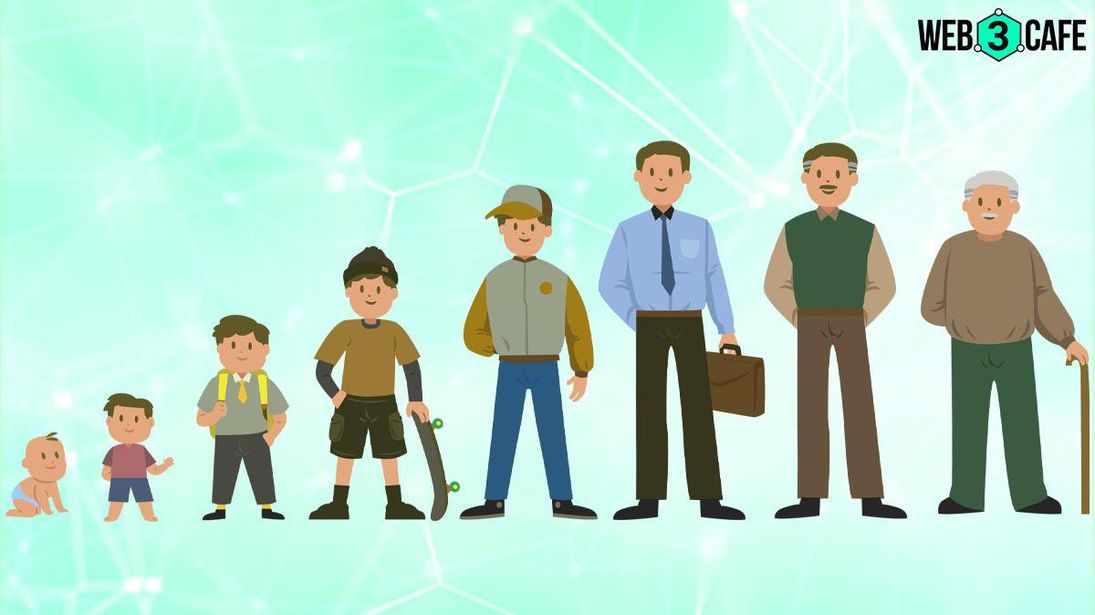Human lifespan can reach up to 120 years aided by AI and COVID-19 knowledge: Study
The integration of AI technologies and knowledge gained from the COVID-19 pandemic will undoubtedly play pivotal roles in this transformation, enabling more efficient disease detection, treatment, and personalised medicine.
 artificial intelligence
artificial intelligence
Highlights
- AI will play a pivotal role in this endeavour, already proving its potential to expedite disease diagnosis and develop new treatment methodologies
- Embracing innovation and adopting sustainable practices, humanity can strive towards a future where longer, healthier lives are within reach for all
- It is essential to recognise and address the challenges posed by climate change
Knowledge Swedish Television (SVT) recently reported a groundbreaking study that suggests a substantial increase in human lifespan, projecting it to reach up to 120 years within the next few decades.
Researchers from Malardalen University (MDU), in collaboration with universities in Finland, France, and the United Kingdom, have delved into the potential impact of cutting-edge technologies, including artificial intelligence (AI) and the knowledge gained from the COVID-19 pandemic.
Our prognosis is a lifespan between 100 and 120 years within 50 years or so, at least, in developed countries
Their findings, published in the scientific journal futures, paint an optimistic picture of healthier and extended lives for people, particularly in developed countries.
Advancements in health and longevity:
The study foresees a dramatic shift in healthcare and longevity, envisioning elderly individuals being as healthy as those in their forties. This transformation is attributed to rapid technological progress, including wearable devices and implantable sensors that will enable constant monitoring of health status.
Such devices will be interconnected with medical professionals and healthcare facilities, empowering physicians to suggest lifestyle changes at an early stage. The result will be enhanced well-being and a significant extension of human life.
AI will play a pivotal role in this endeavour, already proving its potential to expedite disease diagnosis and develop new treatment methodologies. By leveraging AI's capabilities, medical professionals will be equipped with more efficient tools to detect and combat health issues swiftly and accurately.
Furthermore, personalised medicine with individually tailored drugs is expected to revolutionise healthcare, contributing significantly to improved health and longevity for individuals.
Challenges on the horizon
Despite promising projections, researchers have not overlooked the challenges that lie ahead. Climate change is identified as the primary factor that could significantly influence healthcare systems and overall well-being. Already impacting the present, climate change poses substantial threats to future generations' health and life expectancy.
Addressing these challenges will necessitate a multi-faceted approach, encompassing advancements in healthcare, policy changes, and a global commitment to sustainable practices. The study's findings offer hope for a future where human life expectancy is substantially extended, reaching between 100 and 120 years in developed countries.
The integration of AI technologies and knowledge gained from the COVID-19 pandemic will undoubtedly play pivotal roles in this transformation, enabling more efficient disease detection, treatment, and personalised medicine. While the path to an extended and healthier life is promising, it is essential to recognise and address the challenges posed by climate change.
By embracing innovation and adopting sustainable practices, humanity can strive towards a future where longer, healthier lives are within reach for all.


COMMENTS 0